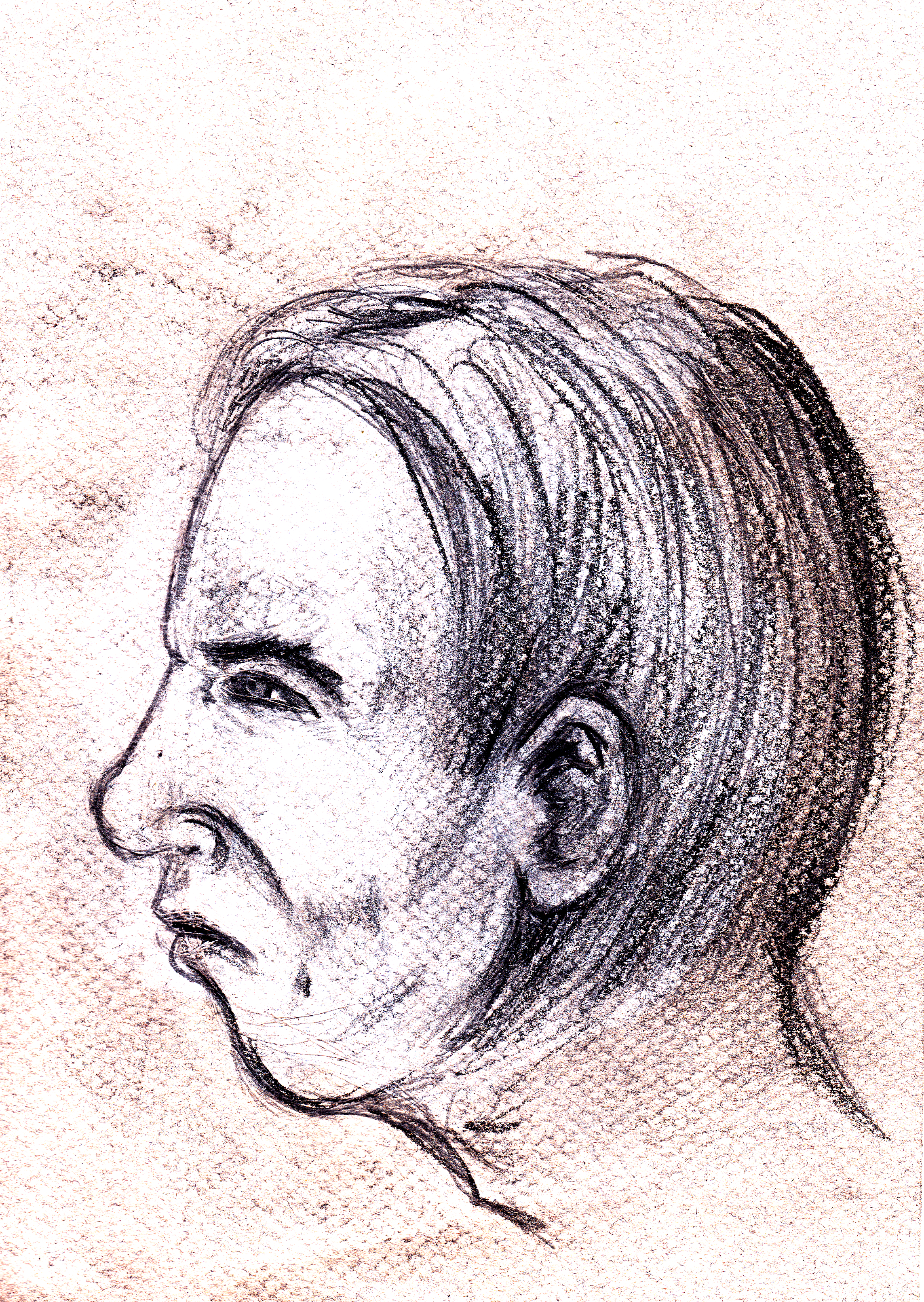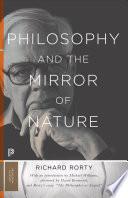“Philosophy makes progress not by becoming more rigorous but by becoming more imaginative.”
Introduction to Truth and Progress: Philosophical Papers, Volume 3 (1998).
Richard McKay Rorty was an American philosopher.
Educated at the University of Chicago and Yale University, he had strong interests and training in both the history of philosophy and contemporary analytic philosophy, the latter of which came to comprise the main focus of his work at Princeton University in the 1960s. He subsequently came to reject the tradition of philosophy according to which knowledge involves correct representation of a world whose existence remains wholly independent of that representation.
Rorty had a long and diverse academic career, including positions as Stuart Professor of Philosophy at Princeton University, Kenan Professor of Humanities at the University of Virginia, and Professor of Comparative Literature at Stanford University. Among his most influential books are Philosophy and the Mirror of Nature , Consequences of Pragmatism , and Contingency, Irony, and Solidarity .
Rorty saw the idea of knowledge as a "mirror of nature" as pervasive throughout the history of western philosophy. Against this approach, Rorty advocated for a novel form of American pragmatism in which scientific and philosophical methods form merely a set of contingent "vocabularies" which people abandon or adopt over time according to social conventions and usefulness. Rorty believed abandoning representationalist accounts of knowledge and language would lead to a state of mind he referred to as "ironism", in which people become completely aware of the contingency of their placement in history and of their philosophical vocabulary. Rorty tied this brand of philosophy to the notion of "social hope"; he believed that without the representationalist accounts, and without metaphors between the mind and the world, human society would behave more peacefully. He also emphasized the reasons why the interpretation of culture as conversation , constitutes the crucial concept of a "postphilosophical" culture determined to abandon representationalist accounts of traditional epistemology, incorporating American pragmatism with Darwinian naturalism.
Wikipedia

“Philosophy makes progress not by becoming more rigorous but by becoming more imaginative.”
Introduction to Truth and Progress: Philosophical Papers, Volume 3 (1998).
Preface
Philosophy and the Mirror of Nature (1979)
"The priority of democracy to philosophy"
"Human Rights, Rationality, and Sentimentality." Truth and Progress: Philosophical Papers, Volume 3 (1998).
"Richard Rorty Interviewed by Gideon Lewis-Kraus." The Believer, June 2003.
Contingency, Irony, and Solidarity (1989), p. 35
"The priority of democracy to philosophy"
Kripke versus Kant. Lrb.com, september 1980.
"The priority of democracy to philosophy"
Introduction to Truth and Progress: Philosophical Papers, Volume 3 (1998).
Preface
Philosophy and the Mirror of Nature (1979)
"The priority of democracy to philosophy"
"John Searle on Realism and Relativism." Truth and Progress: Philosophical Papers, Volume 3 (1998).
“Postmodernist bourgeois liberalism,” Objectivity, Relativism and Truth (Cambridge: 1991), p. 197
Introduction to Objectivity, Relativism, and Truth: Philosophical Papers, Volume I (1991).
"Philosophical Convictions." The Nation, June 14, 2004.
"John Searle on Realism and Relativism." Truth and Progress: Philosophical Papers, Volume 3 (1998).
Source: Response to Hartshorne in 'Rorty and Pragmatism, The Philosopher Responds to his Critics', p. 33
